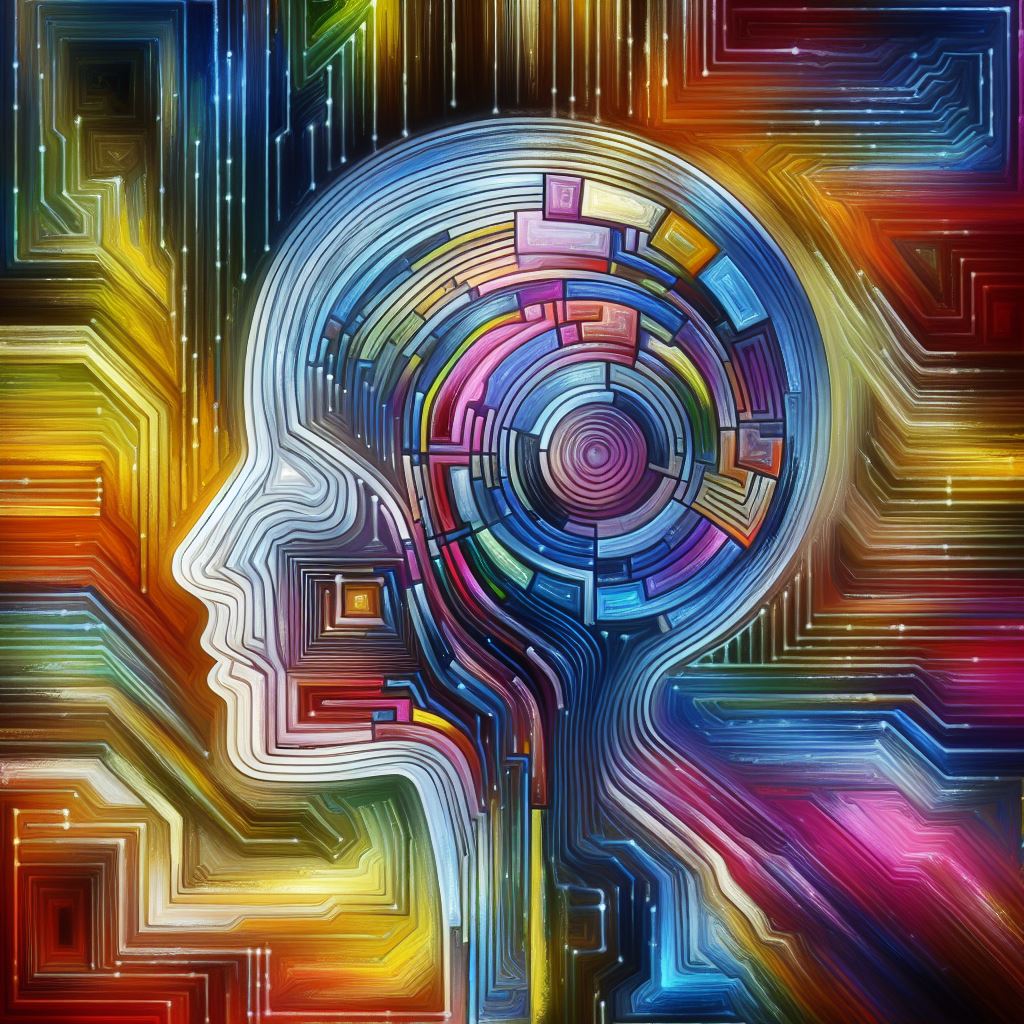What is Neurodivergence?
It’s sometimes unkind to assume that everyone is like us.
Here’s an example. How many legs do people have?
Most people have two legs. But the average person actually has about 1.98, because a few people have only one leg, or no legs at all.
If we set up everything in the world for people with two legs, then the people with fewer legs would be left out. They might not be able to go to the cinema if it was up a steep flight of stairs, for example.
But the same is true with the way that people think and feel. There’s a normal range of the ways that people think and feel, which we call “neurotypical”, but not everyone fits that range. Those who are outside that range are called “neurodivergent”. It doesn’t mean that they are better or worse than other people, just different, and we often have different needs.
Neurodivergence refers to the natural variation in how our brains function. It encompasses a diverse range of cognitive and neurological differences that deviate from what is considered typical.
And just as we do with people who need wheelchairs to get around, we should take care to include people who are neurodivergent. Because things are often set up by people who are neurotypical for people who are neurotypical.
The most common types of neurodivergence are Autism (or ASD) and ADHD. There are others too, and there’s a debate about what should be included and what shouldn’t.
There’s also a debate about to what extent these are disabilities, and to what extent they are just differences. (I suspect the answers to those two questions are tied together.)
This is just an introduction, so it isn’t the place to have that debate at length. That can wait until a future post.

Neurodivergence refers to the natural variation in how our brains function. It encompasses a diverse range of cognitive and neurological differences that deviate from what is considered typical.

What is Autism?
 This article is part of a series exploring some of the basics of autism.
This article is part of a series exploring some of the basics of autism.
The series is mostly written by John Allister, from his own perspective and experience.
“Autism” describes a wide range of experiences. For me, it is a minor disability that leads to a significant difference in cultural expression… 80% of the difficulties I experience from being autistic are because of the cultural differences rather than the disability itself.
